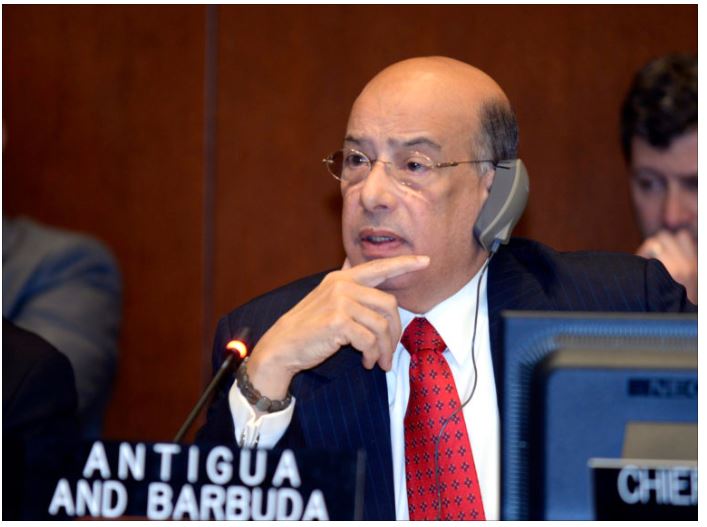Voters in Antigua and Barbuda and Grenada were casting ballots on Tuesday to decide whether or not to replace the London-based Privy Council as their final court.
Antigua and Barbuda’s Prime Minister Gaston Browne has urged citizens to exercise their franchise and said he is pleased he had done all he could to ensure that nationals were in a position to make a reasonable judgement on the issue.
Antigua and Barbuda would need a two-thirds majority of those casting ballots to ensure that the Privy Council is replaced by the Trinidad-based Caribbean Court of Justice (CCJ), which also serves as an international tribunal interpreting the Revised Treaty of Chaguaramas that governs the 15-member regional integration movement, CARICOM.
Only Barbados, Belize, Dominica and Guyana are full members of the CCJ that was established in 2001 even though the majority of the CAROICOM countries are signatories to the Court’s Original Jurisdiction.
Meanwhile, Grenadians were casting their ballot on Tuesday for the second time within a two year period on whether or not to replace the London-based Privy Council as the island’s final court.
Two years ago, they narrowly rejected the bill that would have allowed the island to join Barbados, Dominica, Belize and Guyana as the only Caribbean Community (CARIOCOM) countries that have signed on to the Trinidad-based Caribbean Court of Justice (CCJ) that was established in 2001 to replace the Privy Council as the region’s highest court.
While the main opposition National Democratic Congress (NDC) is urging supporters to vote against the measure, Prime Minister Dr. Keith Mitchell in a radio and television broadcast said that support for the CCJ would cement Grenada’s political independence from Britain, which it attained in 1979.
Nearly 1,000 police officers were eligible to cast their ballots last Friday and reports indicate that early voter turnout on Tuesday was slow.




